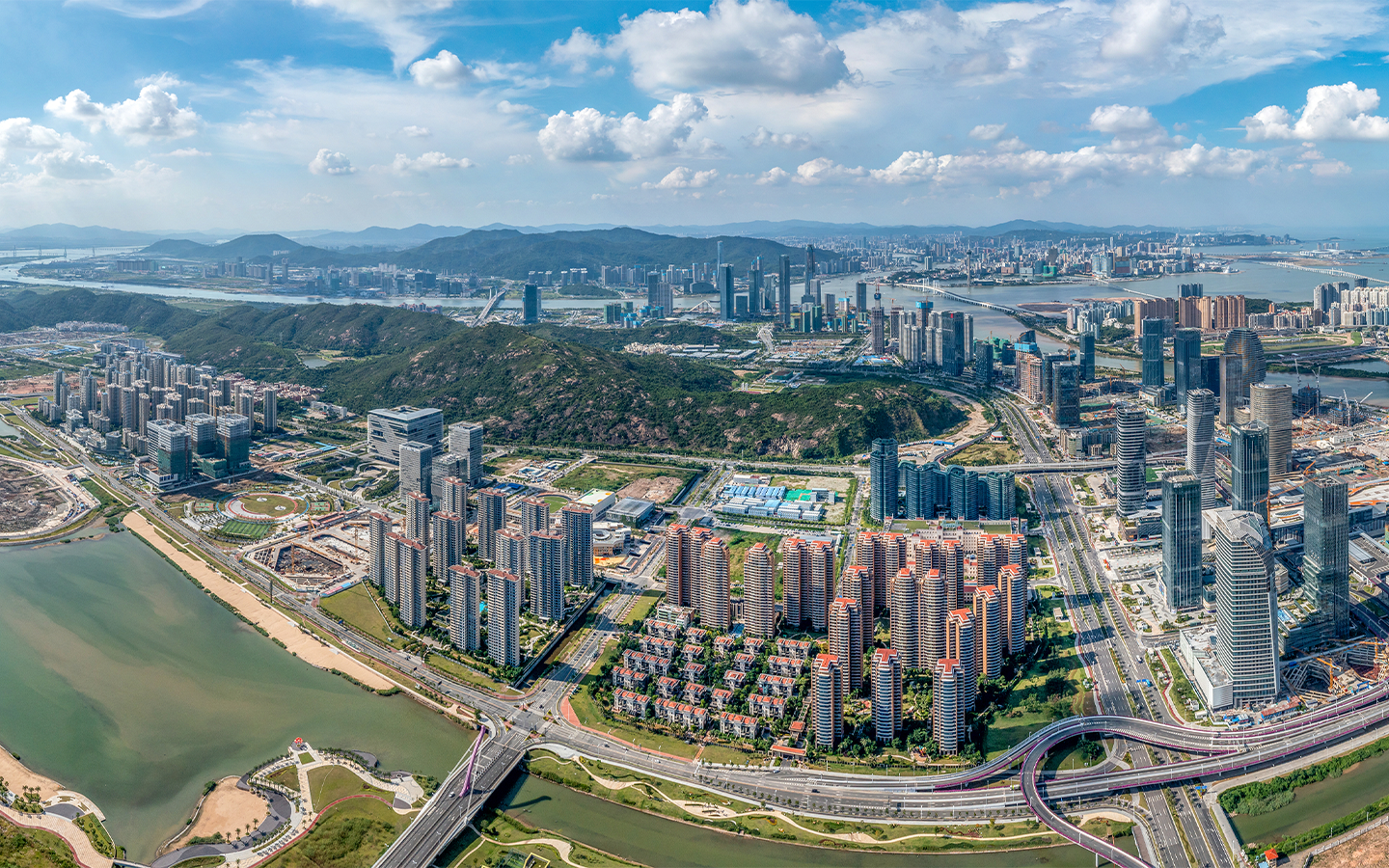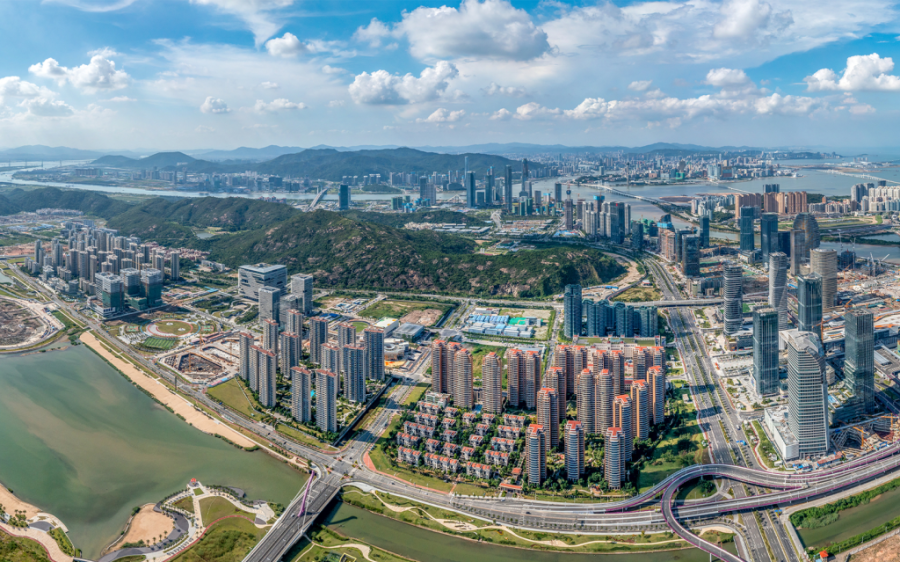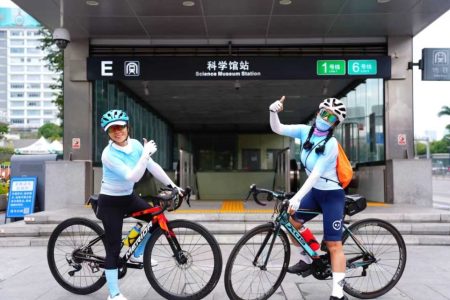New regulations for speeding up the development of the Guangdong-Macao Intensive Cooperation Zone in Hengqin will take effect on 1 March.
According to the Standing Committee of the Guangdong Provincial People’s Congress, the regulations cover eight chapters consisting of a total of 66 articles, and focus on six aspects:
– Administration
– Planning, construction and management
– Industrial development
– Facilitation of Macao residents living and working in the zone
– Promotion of the integration between Hengqin and Macao
– legal protection
In terms of accelerating Macao’s appropriate economic diversification, the regulations detail how to develop sci-tech R&D and high-end manufacturing, traditional Chinese medicine, cultural and tourism industries, the MICE sector, and commerce and trade as well as modern finance.
In order to better align with Macao’s public service and social security system, the regulations also put forward a series of measures on education, medical care, social services and transport, such as the Macau New Neighbourhood (MNN) project and schooling for Macao residents’ children in Hengqin.
MNN’s 27 residential towers are currently under construction, and its units are earmarked for certain eligible groups of Macao residents. The project, which is slated to be completed in the second half of this year, also features commercial facilities as well as various social service and community facilities.
According to the Committee, the regulations specify the responsibilities of the zone’s executive committee and delegate powers to the greatest extent possible to allow the zone to fully carry out reforms and achieve its development.
The regulations will provide a more comprehensive and concrete legal basis for the administration and development of the zone as well as support Guangdong and Macao in improving the new mechanism of mutual discussion, joint construction, joint administration, and shared benefits.
The regulations also aim to ensure a strong legal underpinning to the development of the zone, promote long-term prosperity and stability in Macao and better integrate Macao into the overall development of the country, according to Zhu Wei, deputy director-general of the Guangdong Provincial Development and Reform Commission.
Moving forward, the zone will introduce more support measures and policies in line with the new regulations to boost the zone’s key industries, said Ng Chi Kin, deputy director of the Executive Committee of the Guangdong-Macao Intensive Cooperation Zone in Hengqin.
The Zone’s top decision-making body is its administrative committee, which is jointly headed by Guangdong Governor Wang Weizhong and Macao Chief Executive Ho Iat Seng.
The Zone’s executive committee, which is run under the administrative committee, is the body tasked with the daily functioning and execution of duties. The executive committee is headed by Macao Secretary for Economy and Finance Lei Wai Nong.
The Zone’s administrative and executive committees consist of officials delegated by the Guangdong Provincial People’s Government and the Macao government.
Zhuhai’s Hengqin Island is connected to Macao’s Cotai via the 1,756-metre Lotus Flower Bridge. The ongoing Light Rail Transit project connecting Hengqin and Cotai is slated to be completed next year.
The regulations for promoting the development of the Guangdong-Macao Intensive Cooperation Zone, which will take effect on 1 March, were passed in the 48th session of the Standing Committee of the 13th Guangdong Provincial People’s Congress on 9 January.
The Macao government said yesterday that it welcomes the promulgation of the regulations for promoting the development of the Guangdong-Macao Intensive Cooperation Zone.
Officials pointed out that the Master Plan of the Development of the Guangdong-Macao Intensive Cooperation Zone in Hengqin, which was announced in September 2021, stipulates the need for drawing up specific regulations on the management of the zone with the aim of providing institutional protection for the zone’s long-term development.
They added that the promulgation of the new regulations will provide a strong legal basis for the effective implementation of the goals outlined in the master plan, The Macau Post Daily reported.
In addition, the promulgation will facilitate the development of new industries that promote Macao’s appropriate economic diversification, help construct a “new home” that makes it more convenient for Macao residents to live and work in the zone, set up a high-standard and open system on the integration between Hengqin and Macao, and support Guangdong and Macao in improving the new mechanism of mutual discussion, joint construction, joint administration, and shared benefits.






